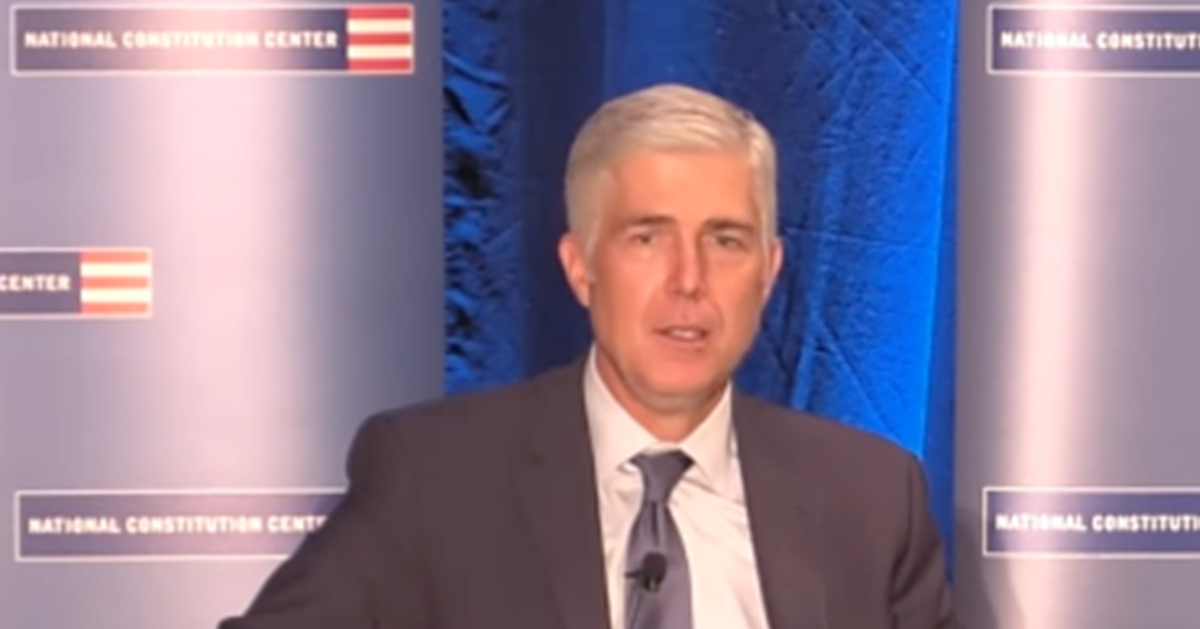Harris Campaign Could Deteriorate if Poll Numbers Drop, Reporter Cautions
Tensions are brewing within Vice President Kamala Harris's presidential campaign team, which could lead to blame-shifting if her poll numbers start to fall, Axios reporter Alex Thompson warns.
A mix of operatives from Biden, Obama, and Harris's own team show signs of potential conflict arising as swing state polls suggest headwinds for the Democrat, as Fox News reports.
Thompson has raised concerns over what he describes as "subtle finger-pointing" among the campaign staff. The staff's diverse backgrounds, ranging from former Biden and Obama associates to Harris's own trusted operatives, could foster internal disputes if the campaign's polling worsens.
Currently, Harris is enjoying a rise in national polls but faces challenges in key battleground states. According to recent polling by the New York Times/Siena College, she trails former President Donald Trump in critical states such as Georgia, North Carolina, and Arizona.
Concerns Over Campaign Dynamics and Media Strategy
Despite being seen as the underdog, the Harris campaign has limited its interactions with the media. The vice president has only participated in a handful of interviews since securing the Democratic nomination, including appearances on CNN and at an event hosted by the National Association of Black Journalists (NABJ).
Moreover, Harris has been engaging with local radio stations to bolster her campaign's outreach. This selective media engagement strategy has been part of the campaign's broader approach to maintaining a low profile while still navigating the complex media landscape.
Brian Fallon, a spokesperson for the Harris campaign, has defended this strategy. He suggested that the vice president's extensive media appearances earlier in the year should be considered in the context of the current campaign dynamics.
Harris's Media Strategy and Campaign's Future Direction
Fallon emphasized that Harris's previous engagements with media were robust, involving a series of interviews with various national and daytime media outlets. He mentioned that Harris had participated in over 80 interviews in just the first seven months of the year, highlighting her capability and willingness to engage with the media extensively.
He further predicted that the campaign's media engagement in the last 50 days leading up to Election Day would intensify to match previous levels of activity. This strategy aims to maximize visibility and voter engagement as the election approaches.
"These polls in Kamala Harris' world are really sort of keeping together this campaign," Thompson noted, emphasizing the importance of maintaining positive polling to avoid internal conflict. He also highlighted that as long as the polls are favorable, the campaign is likely to proceed smoothly.
Subtle Dynamics and the Pressure of Polling
However, Thompson warned that if the polls start to turn against Harris, the subtle tensions within the campaign could become more pronounced, leading to blame-shifting among the team members.
"If the polling ever turns south, there are a lot of, sort of, subtle tensions within this world, and you could start seeing some subtle finger-pointing," he explained.
The campaign continues to maintain its underdog narrative despite its strategic positioning and recent successes in national polls. This approach could be a tactical move to manage expectations and rally the base under a unifying theme of overcoming odds.
Thompson also suggested that the campaign's reluctance to engage more with the media might be a calculated decision to let Trump remain the focal point of the election narrative, potentially benefiting Harris by contrast.
The Implications of Internal Campaign Tensions
The internal dynamics and media strategy of the Harris campaign as described by Thompson and Fallon paint a picture of a campaign cautiously navigating its path to the election.
The blend of operatives from different backgrounds and the strategic media engagement is both a strength and a potential source of tension.
The outcome of this strategy and how the campaign manages its internal dynamics will likely play a critical role in the upcoming election.
As the days dwindle down to Election Day, the Harris campaign's approach to these challenges will be crucial in determining its success or failure.



